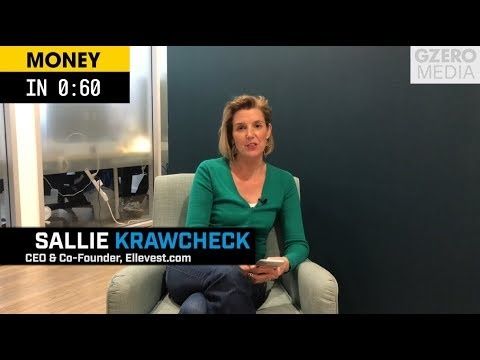
No (Interest Rate) Raises at the Fed: Money in 60 Seconds
The Fed's decision not to raise interest rates again in 2019: good or bad news?
It's Money in 60 Seconds with Sallie Krawcheck!
And go deeper on topics like cybersecurity and artificial intelligence at Microsoft on The Issues